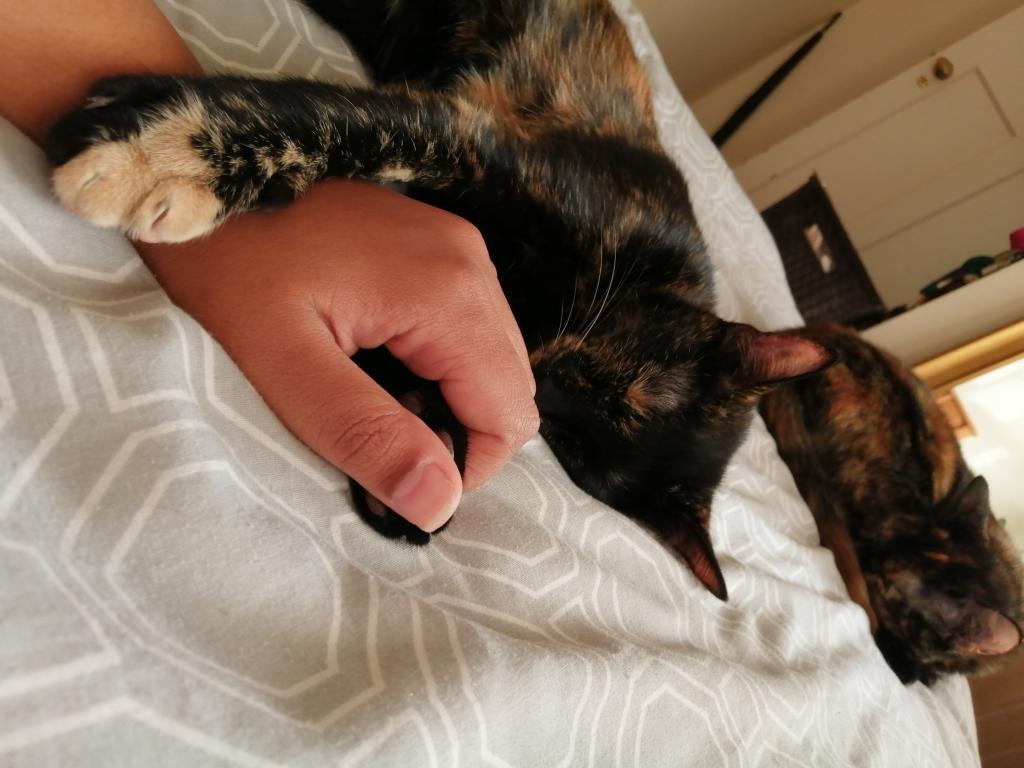Reflections in a time of crisis

When I joined the Global Citizenship Programme (GCP) mid-January 2020, having to adapt to a new team, working environment, and role as a lecturer, was welcomed. Embracing this new chapter, I had no idea what the next few months would have in store for the world, South African citizens, and particularly students and staff (including myself) within the higher education sector.
I haven't been on campus since March 16th. With the coronavirus cases at UCT slowly climbing, we were asked to work remotely if possible. So after just one contact session for the GC2 course (on March 10th), nearly having completed our Decolonising Citizenship Facilitators Short Course, and amidst planning for the 2nd term, confronted by a global crisis we were forced to change tack. Within a week, students were asked to vacate residences, the campus closed, and academic activities suspended, all culminating in the President’s announcement on the evening of Monday March 23rd that there will be a national lockdown. Although the lockdown measures were not much of a surprise, my anxiety was related to my concern for the adaption to this remote learning and teaching context for students and fellow lecturers.
Almost immediately, UCT’s Centre for Innovation in Learning and Teaching (CILT) had a suite of webinars to prepare and support lecturers for the move to online/remote teaching, with ‘asynchronous’ and ‘low-tech’ becoming buzzwords informing our approaches to lesson planning. I spent the first couple of weeks during lockdown attending many of these webinars, and having what would usually have been “corridor discussions” with colleagues about adapting to the new normal of lockdown, and how we were beginning to think through the online delivery of courses.
Personally, some adjustments to the reality of lockdown have included not being around family, adapting to the ebb and flow of each day, the challenges of establishing a routine, and finding the headspace to write, but I have been fortunate in that the overall stability of my home life has remained somewhat constant. But for many of our students, uncertainty rather than stability has been the reality. As lecturers we need to be empathetic to the learning challenges that students may be facing within their home environments at this time of crisis, while also being open to the untapped possibilities that the emerging online/remote mode of engaging with students can offer. We need to be patient with ourselves, our students, and our peers as we are unlearning (and mourning) our taken for granted teaching dogmas and clearing cognitive space to consider new pedagogies and learning environments.
So the psycho-social adjustments to lockdown regulations and working from home has made for an exciting yet daunting ‘emergency’ teaching and learning space. More than anything else, I have found this space to be one of potentiality and possibility. I am struck by how in a very short time, the coronavirus has taken us back to basics, emphasising once again the role of the university as a public good, and it is my hope that the intrinsic worth of programmes such as Global Citizenship are recognised and elevated now more than ever. I am deeply grateful for my position within this socially conscious programme at this unprecedented time. I look forward to the opportunities (and confronting the challenges) that moving into a virtual learning space holds, and to engaging with the opinions and experiences of our students over the weeks to come, as we navigate the uncertainties within our present realities together.
So in-between online meetings, lesson plans, curriculum adjustments, catch-ups with family and friends, playing with my cats, dancing, tidying and cooking, I try to reflect on this historical moment that calls for the uptake of the very principles that the GCP stands for – the belief in socially just and dignified lives for all and the power of active citizenship, and how this will manifest beyond the lessons learnt in this time of uncertainty and reimagining.
